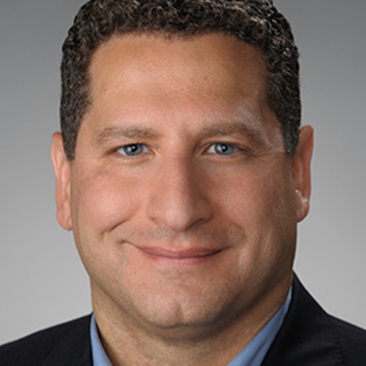Khalil op-ed on Trump's decision on Jerusalem published in Al-Jazeera
January 9, 2018
Al Jazeera
12/26/17 | Osamah Khalil, associate professor of history
Excerpt from the full article (in Arabic), titled "Jerusalem: Between Religion and American Politics."
President Donald Trump’s announcement recognizing Jerusalem as the capital of Israel is the culmination of US foreign policy over seven decades in which the goal of the peace process has been to impose a solution on the Palestinians. The United States has repeatedly used its influence on the world stage and in the Middle East to ignore or undermine Palestinian aspirations for their own independent state. Although Washington did not publicly support Israel's annexation and occupation of Palestinian East Jerusalem after the June 1967 Arab Israeli War, the actual policies pursued by the United States ensured that Israel's occupation would be permanent. This included shielding Israel at the United Nations Security Council from numerous resolutions condemning its occupation of the Palestinian territories, to its expanding military support of Israel, and tax policies that encourage Americans to fund the expansion of Israel's illegal settlements in the West Bank and East Jerusalem.
Like Trump’s decision, Washington’s close relationship with Israel since 1948 reflects American foreign policy interests as well as domestic politics. It demonstrates the influence of religion and money on American politics and elections.
While Palestinians were shocked by Israel’s occupation and annexation of East Jerusalem, for Christian evangelicals in the United States it was a reason to rejoice. Believing that the capture of the holy sites in the old city was partial fulfillment of Biblical prophecy, evangelicals openly embraced Israel. This was part of a broader political engagement by Christian evangelicals in American foreign and domestic policies.
Evangelicals were an important aspect the conservative turn in American politics that began with the Richard Nixon presidency. Over the next five decades, their influence on the Republican party and American politics grew due to a sustained focus on supporting specific candidates and policies in national, state, and local elections. They were often the most motivated and organized Republican constituency during primaries and general elections. Evangelicals were openly embraced by the Ronald Reagan and George W. Bush administrations and voted in large numbers for Donald Trump, even though he did not appear to share their values. For evangelical voters, however, it was Trump’s broader alignment with the Republican party’s agenda that they supported as well as overt hostility toward Democratic party nominee Hillary Clinton that dated to her husband’s presidency.
Since Trump’s inauguration, evangelical leaders reportedly advocated for the United States to recognize Jerusalem as Israel’s capital and move the U.S. embassy from Tel Aviv. Trump’s decision was hailed by John Hagee of Christians United for Israel. Hagee explained that Trump’s actions would be “eternally celebrated” and "shows the world that Jerusalem as the capital of Israel is not up for negotiation, and America is and shall always remain a loyal ally of Israel."
Evangelical visions of Jerusalem have been matched by the political realities of campaign fundraising in the United States. Billionaire casino mogul Sheldon Adelson has been a major donor to the Republican party. In 2016, he donated at least $25 million dollars to political groups opposed to Democratic party nominee Hillary Clinton. Adelson serves as a bridge between the U.S.’s Republican party and Israel’s Likud party also. He maintains close ties to Israeli Prime Minister Benjamin Netanyahu.
